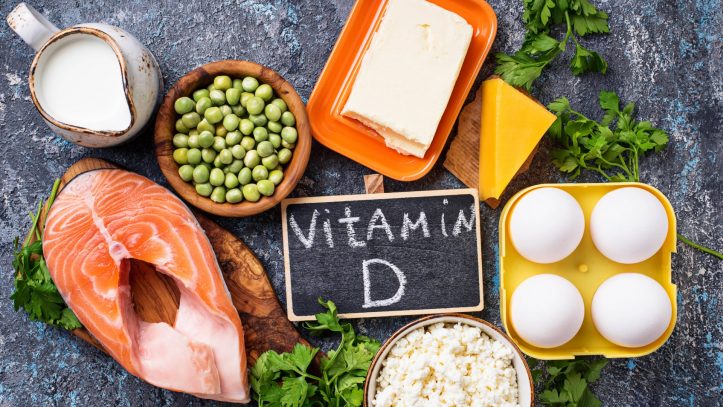Vitamin D has recently been thrust into the limelight due to increased awareness of diet-related health issues and the potential for adverse health reactions to certain vitamin D intake. Vitamin D deficiency can result in conditions such as osteoporosis, sleep apnea, and hypertension.
However, there are also many positive benefits of Vitamin D supplementation, such as reducing the risk of certain cancers and immune system activation. If you’re not sure what is Vitamin D and where it comes from, read on. Find out how your body naturally produces Vitamin D and what you need to take in order to reap its maximum health benefits.

Vitamin D is an essential group of fat soluble vitamins that function together in our bodies to absorb calcium, phosphorus, magnesium, and potassium, among many other substances. In humans, the main compounds in this category are vitamin D, calcium, and phosphorus. Because vitamin D deficiency is more prevalent during the winter months when we experience long periods of inactivity, most people are exposed to less than optimal levels of vitamin D throughout the year. Low vitamin D levels can result from a variety of factors, including chronic low vitamin D levels caused by insufficient sun exposure or excessive body fat, or a vitamin D deficiency caused by decreased absorption after the body’s initial natural response to increase vitamin D levels has worn off.
Although prolonged sun exposure is the most obvious way that we could be deficient in vitamin D, prolonged lack of sunlight is also considered a cause of vitamin D deficiency. A deficiency that can last for months or years may have similar symptoms as a vitamin D deficiency, including decreased bone density and lowered immune system functionality. If you’re getting enough vitamin D in your diet, you may never even realize that you aren’t getting enough calcium or potassium, because your body will have naturally replenished these nutrients from the food you eat.
Vitamin D deficiency is linked with weak bones, because vitamin D increases the strength of calcium. Strong bones are important for supporting a healthy spinal structure, since they allow the spine to move independently of the arm and leg muscles. This strength ensures that we can walk and move comfortably. Vitamin D deficiency also contributes to weak immune systems, because vitamin D helps ward off diseases such as osteoporosis and certain cancers of the lymph nodes and gastrointestinal tract. Weak bones and a weak immune system mean that you are more likely to get sick, which increases your risk for common diseases such as cardiovascular disease, cancer, HIV/AIDS, diabetes, and other autoimmune disorders.
Vitamin D is particularly important for bone health. New studies show that vitamin D is essential for optimal bone health. Specifically, vitamin D strengthens the bones by acting on calcium in our bodies, helping the mineral remains attached to the bone. This is especially important if you have recently suffered an injury. In fact, even those who bathe regularly may not be receiving enough vitamin D because they lie down or sit for long periods during the day. Vitamin D supplements can help ensure that you maintain healthy bones.
Vitamin D plays a vital role in building strong teeth and bones, but it also has a dual function. Like calcium, it plays an essential role in forming healthy teeth through the process of calcitriol. The second function of vitamin D in ensuring strong bones is its effect as a major source of energy for our body systems.
Recent studies have linked vitamin D deficiency with high blood pressure and various kinds of cancers. Because of this link, researchers have been investigating the potential connection between vitamin D and bone pain. Vitamin D deficiency has previously only been linked with low calcium levels, but new research indicates that it may actually cause vitamin D toxicity, especially when excess vitamin D is present in the body. Excess vitamin D causes toxic levels of calcitriol, which is then converted into osteocalcin by the liver. Osteocalcin has been identified in several clinical trials as an effective way of combating bone pain, as well as chronic fatigue and several types of cancer.
The synthetic form of vitamin D is calcitriol, which can be found in many foods. However, adults need to ingest much more of this active form of the vitamin to achieve their recommended daily allowance of vitamin D. Most doctors recommend that children be exposed to calcitriol-rich foods as little as possible, since high levels of this toxic calcitriol can be toxic to developing infants. This is why the USPDA encourages food manufacturers to label their products as “as is” or “potassium.” Children can still receive the same benefits from consuming naturally-occurring vitamin D.